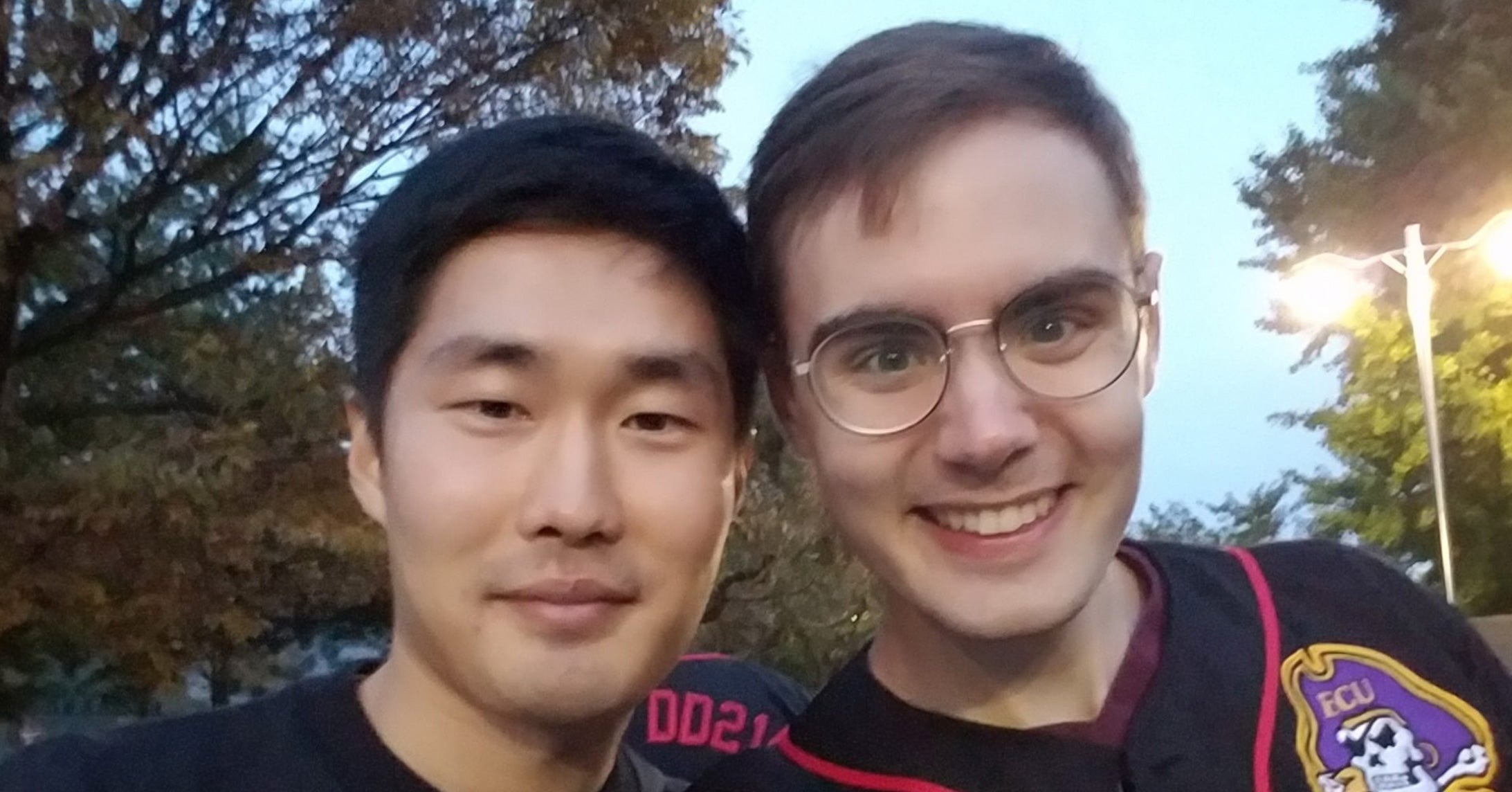James Mulvihill (BS Applied Atmospheric Science 2016)
Current Position & Responsibilities
United States Air Force
Mission Support Flight Commander, 18th Combat Weather Squadron, Fort Bragg NC
“I currently lead a group of twelve Airmen and Air Force civilians that perform support roles for the U.S. Air Force’s largest, most geographically separated weather squadron. I oversee functions such as weather equipment and deployable asset management, personnel actions, quality assurance, budget analysis, IT support, and one of the military’s few WSR-88D NEXRAD Weather Radar Programs.”
What are the most rewarding and/or most challenging aspects of your work?
“I like to take pride in knowing that when my team does our job correctly, we enable our counterparts in the unit to provide weather support to senior Army leaders in the most effective way possible. It feels great to know that your forecast was the reason that a particular mission was a success or you were able to provide mission planners with a different window that made better use of the environment. The most challenging aspects of my job are coordinating multiple lines of effort and making sure that all of our projects stay on time through completion, especially when dealing with so many disparate functions in one organization.”
How did your degree(s) in Geography prepare you for this position?
“The most important thing that transferred from my degree to my job was the need to effectively communicate. Meteorologists, and I would extend that to the Geography community at large, have always had to use their knowledge of the atmosphere to effectively convey information (sometimes time-sensitive or life threatening) to their customer or the public. The military is no different in that respect. Being able to write, create graphical depictions of what will occur, and clearly explain information to decision makers and the affected population is the most important thing that we can do in my opinion..”
What else do students need to learn (beyond the degree) and who should they be talking to in preparation for entering the job market?
“Talk to the Career Center for resume and interview tips, take internships, and network within your concentration through conferences and clubs. I wish that I did more of this as an undergraduate. The Career Center can help you with your resume and soft skills for job applications, something I miss sorely now having to keep two resumes! Internships and networking go hand-in-hand. Not only do jobs open up by making connections in the field, but you have a group of like-minded people that you can bounce professional problems off of and they can do the same with you, helping everyone grow.”
What was your favorite or most memorable experience?
“I have two exceptionally memorable experiences. The first was attending the American Meteorological Society student conference in Atlanta in 2014. I actually met other students that are mutual friends of people I work with today! The second was my GPS Course with Dr. Mulcahy where we had the opportunity to drive around Greenville trying to georeference points. My partner and I walked up and down Elm Street for about an hour and a half before we found what we were supposed find!”
